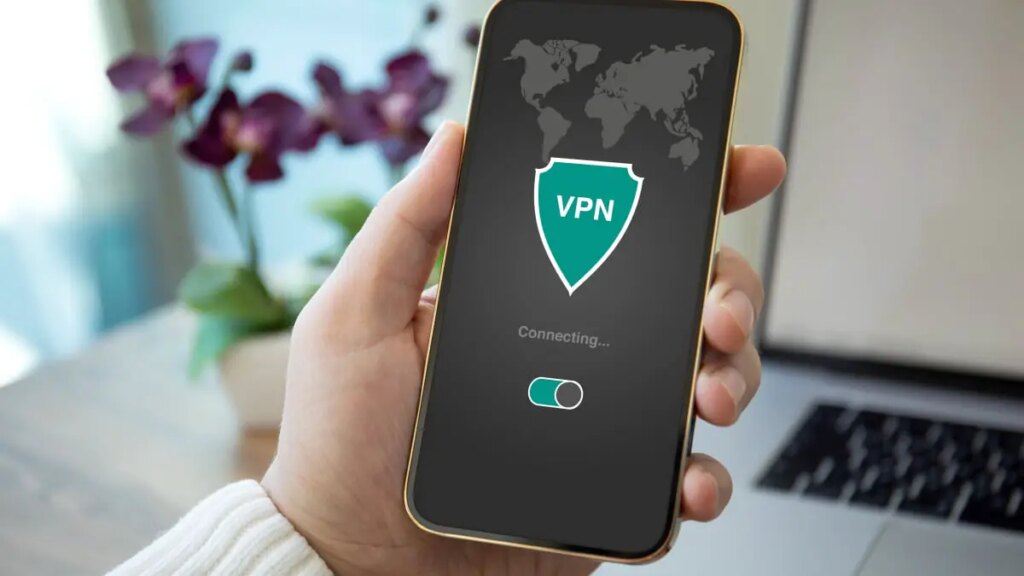The pros and cons of using a VPN on your smartphone explained.
Whether you're using the latest iPhone or Android, there's a big question: “Do I need a VPN for my phone?” » Phones are our everyday companions, helping us communicate with friends and family, search for information in a split second, and get lost in the rabbit hole of social media posts.
With Apple stopping over $2 billion in fraudulent transactions on the App Store and built-in security like Samsung Knox for Galaxy smartphones, surely our phones are safe and sound, right?
Not exactly.
From bugs allowing hackers to take over smartphones remotely to the ease of stealing private information on public Wi-Fi networks, people are becoming more security conscious when using smartphones.
This is where the best VPNs can help, but is it worth using? Let's go over the pros and cons of using a VPN on your phone.
Do you need a VPN on your phone?
Although it is not essential, it is highly recommended. The main purpose of a VPN is to protect your privacy online, preventing advertisers, bad actors, and Internet service providers (ISPs) from tracking, collecting, and selling your data. Many use their phones to browse, shop and browse social media, and this information can be used against you if used maliciously.
A VPN can hide your location and make you a completely useless person (in a good way). Better yet, the best VPNs come with advanced security tools designed for smartphones, which can keep trackers, ads, and malicious threats at bay.
As with any device, it's worth investing in a VPN service to use on your phone. You'll find that many services also offer apps tailor-made for phones, making them easy to use.
Benefits of Using a VPN on Your Phone
Here are some ways a VPN can improve the way you use your phone:
-
Complete anonymity: A VPN encrypts your data and hides your real IP address. It's extremely difficult for anyone to monitor your browsing activities – and this is an important factor for those who use their phone as a reference source for their daily activities.
-
Safety in public: We've all used free public Wi-Fi to reduce our data usage, but bad actors can take advantage of unsuspecting users of these networks. Personal data is up for grabs, but if that data is encrypted via a VPN, all a hacker will see is gibberish.
-
Streaming without limits: Constantly on the move while working your way through the latest TV show obsession? Smartphones have become a great way to stream content, especially while traveling. Well, VPNs can deliver even more content because they can bypass geo-restrictions on streaming services like Netflix and Disney+, so you can enjoy the latest in the US, UK, Japan and practically everywhere in the world.
Disadvantages of Using a VPN on Your Phone
Be aware that phone VPNs also have some disadvantages:
-
Slow speeds: Since a VPN connects to a server in another location, your smartphone's Internet speed may drop. Depending on the VPN service you use, especially free VPNs, this can cause long loading times and constant buffering when streaming. If you're using one of the major VPN platforms, like NordVPN or ExpressVPN, and connecting to a server near you, these slower speeds are barely noticeable.
-
Drain the battery: As with most apps, a VPN can drain your smartphone's battery. While these VPN apps aren't very demanding, having a VPN on throughout the day can have a slight impact on battery life.
Not infallible
VPNs are a great way to improve your phone's privacy and security online, but they don't offer risk-free protection. Online scams, malicious apps and questionable websites remain a problem, so it's worth staying on your guard even if you have a VPN connection.

